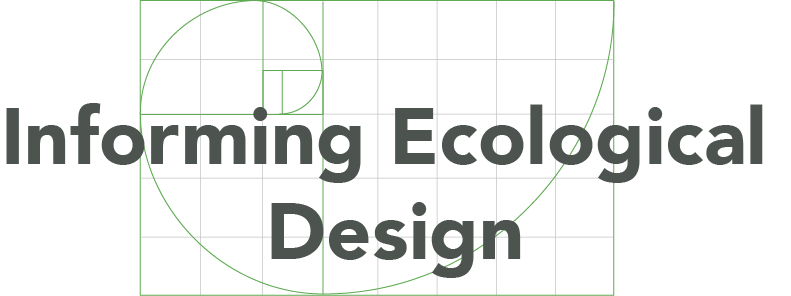Lessons in Applied Psychology
W.E. Deming’s last book,The New Economics for Industry, Government, Education (1994, 2nd edition, MIT Center for Advanced Engineering Studies, Cambridge, MA) outlines a “System of Profound Knowledge.” Chapter 4-- “the text in this chapter in large part the work of [Deming’s student] Dr. Barbara Lawton…”--describes the parts of Profound Knowledge that function together: appreciation for a system, knowledge about variation, theory of knowledge, and psychology.
Deming (or perhaps Lawton) points out that “One need not be eminent in any part nor in all four parts in order to understand it and apply it.”
Peter Scholtes, a colleague and teacher, made the case for psychology for those of us who work to improve performance of systems: “If it weren’t for the people, improvement would be easy.”
The interplay between psychology and behavioral economics in the 20 years since Deming died in 1993 has generated studies and results that add to the sketch of psychological ideas in The New Economics. Spurred by Deming’s presentation and Scholtes’ quip, I keep my eyes open for provocative topics and try to understand links to relevant research.
Here’s a recent bit flagged by Cass Sunstein, co-author of Nudge and a law professor with a lively interest in behavioral economics. Sunstein reviews Scarcity: Why Having Too Little Means So Much by behavioral economist Sendhil Mullainathan and cognitive psychologist Eldar Shafir in the 26 September 2013 issue of The New York Review of Books.
Sunstein writes that the authors “…know that the feeling of scarcity differs across various kinds of experiences and that people can feel ‘poor’ with respect to money, time or relationships with others. But their striking claim, based on careful empirical research, is that across all of those categories, the feeling of scarcity has quite similar effects. It puts people in a kind of cognitive tunnel, limiting what they are able to see. It depletes their self-control. It makes them more impulsive and sometimes a bit dumb. What we often consider a part of people’s basic character—an inability to learn, a propensity to anger or impatience—may well be a product of their feeling of scarcity. If any of us were similarly situated, we might end up with a character a lot like theirs. An insidious problem is that scarcity produces more scarcity. It creates its own trap.”
In the review, Sunstein outlines a range of implications for people with limited financial resources—“poor people.” The scarcity work points out one more way cognitive ability is diminished by one’s environment, complementing the body of knowledge that associates pain with impaired cognitive function (for example, this 2011 review article in Progress in Neurobiology). Sunstein also reminds us that stress is yet another way to dull your mental edge.
So What?
Certain kinds of stress and scarcity can dumb us down and reduce effective mental performance. The best implementations of Toyota Production System methods appear to meet these challenges. For example, a clean and ordered workplace reduces the cognitive load in finding the right tools or materials and reduces the time scarcity induced by hunting waste that affects so many people. Clear visual displays of local performance, on the wall and not locked in a computer as part of a “visual workplace”, are a key method to increase the mental capacity needed for continuous improvement. For information designers, the research on scarcity and stress gives us more reasons to strive for displays that convey useful messages with a minimum of clutter.












